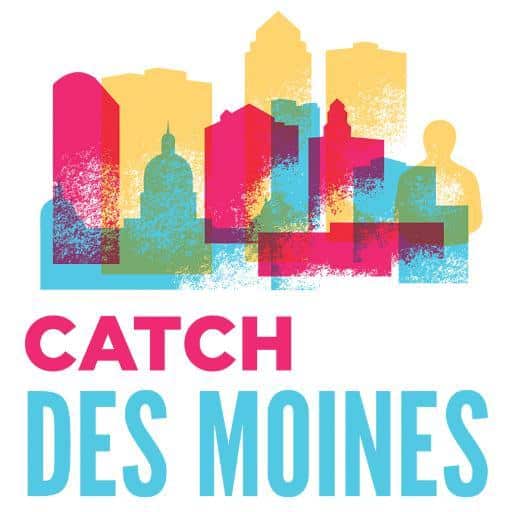Gambling opponent finds it is lonely out there

Tom Coates will serve an anti-casino movement if called, but no one is calling.
Coates, the man with the big smile and dapper attire who appears in television commercials warning about consumer abuse of credit cards, is a critic of legalized casino gambling.
Polk County residents will vote Nov. 2 on whether gambling will remain legal for the next eight years at Prairie Meadows Racetrack and Casino. The vote is required by Iowa law in counties that have approved casino gambling.
By all measures, voters are wild about gambling in Polk County. In 2002, the referendum was approved 67 percent to 33 percent. Most voters probably don’t see the issue from Coates’ perspective. In 1987, he co-founded Consumer Credit of Des Moines. Plastic tubs in the lobby of his West Des Moines office are filled with credit cards that have been cut to pieces.
He approaches the topic with a sense of humor that is backed by sobering data, some of it focused on the damage to lives touched by addictive gambling. He is dead serious in his opposition to gambling.
Each month Consumer Credit of Des Moines takes on 400 to 500 new clients whose finances are upside down. At least 10 percent of them have gambling debts as the root cause or a significant contributor to their money woes.
“They have significantly more debt than the non-gamblers,” Coates said. “They have 30 percent more debt going into bankruptcy. It just makes sense that when you are addicted to that and the means is the money, you’re going to get as much as you can from any source.”
Iowa’s gambling industry has taken steps to deal with problem gamblers.
The Iowa Department of Public Health administers the Iowa Gambling Treatment Program, which provides a variety of counseling services for problem gamblers and is the depository for statistics from an annual telephone survey conducted by the University of Northern Iowa that is designed to detect incidences of gambling disorders.
The program’s 1-800-BETS-OFF help line received 6,272 calls, or about 523 calls a month, during the fiscal year that ended June 30, according to the Department of Public Health.
In addition, casinos pay 0.5 percent of their adjusted gross revenue to treatment programs. The Iowa Lottery also pays 0.5 percent of all revenue into the programs. Any funds paid into the program that exceed $6 million go to the Rebuild Iowa infrastructure fund.
Gary Palmer, president and CEO of Prairie Meadows, also is quick to point out that nearly $500 million of his casino’s revenues have gone into the Polk County economy to support the arts, education and economic development.
In addition, a racetrack that opened in 1989 with about 50 employees now has more than 1,300 people on staff. Prairie Meadows revenues will pay for the $43 million renovation of Veterans Memorial Auditorium.
Horse racing is the current drag on Prairie Meadows, but betting on the horses is the least of Coates’ concerns.
Horse racing is a crowd favorite, but the crowd has been stingy with its betting dollars at Prairie Meadows.
“It’s slow enough action that it isn’t a big issue for the problem gamblers,” Coates said.










